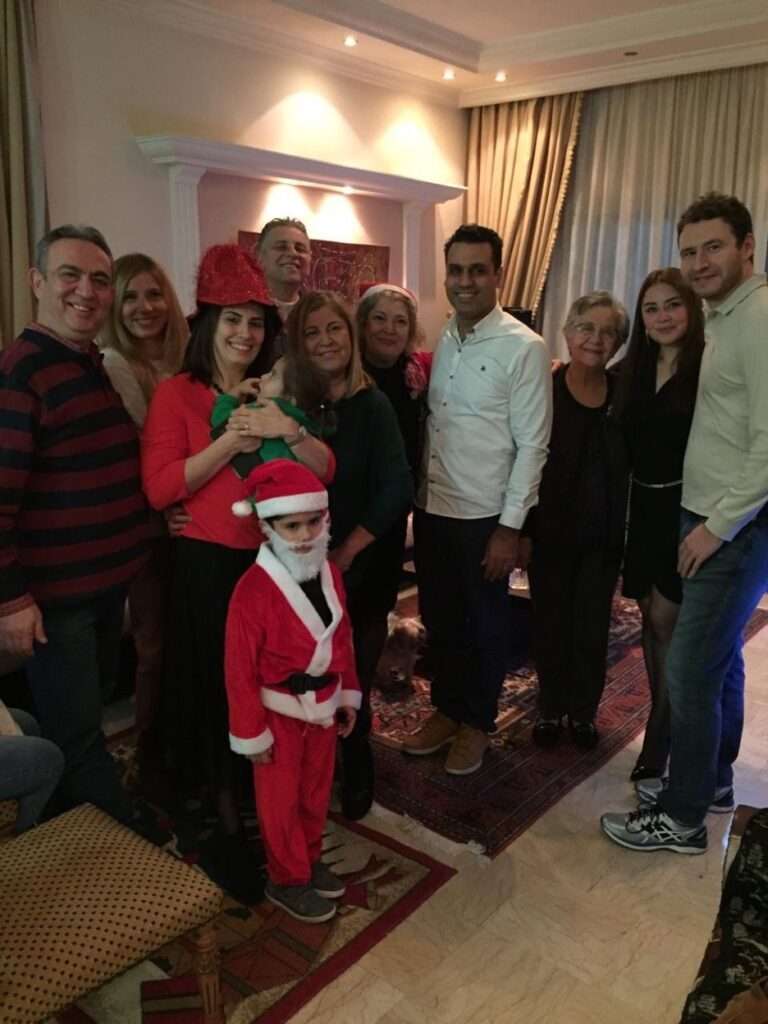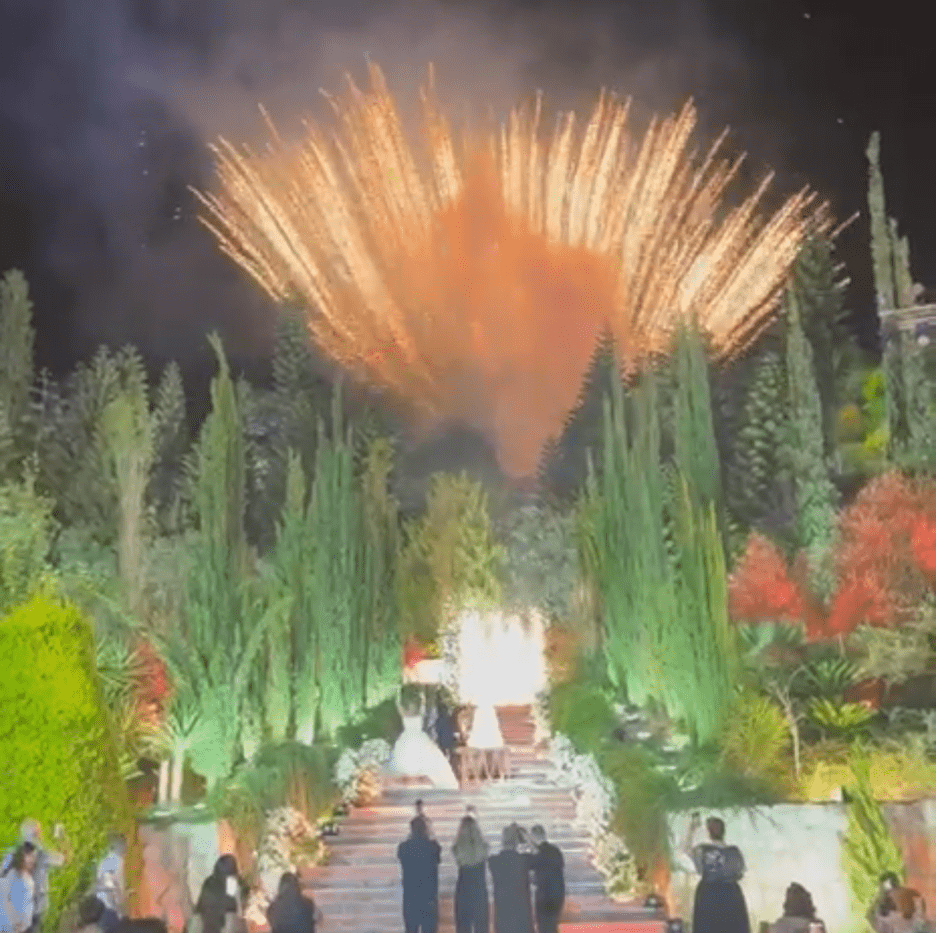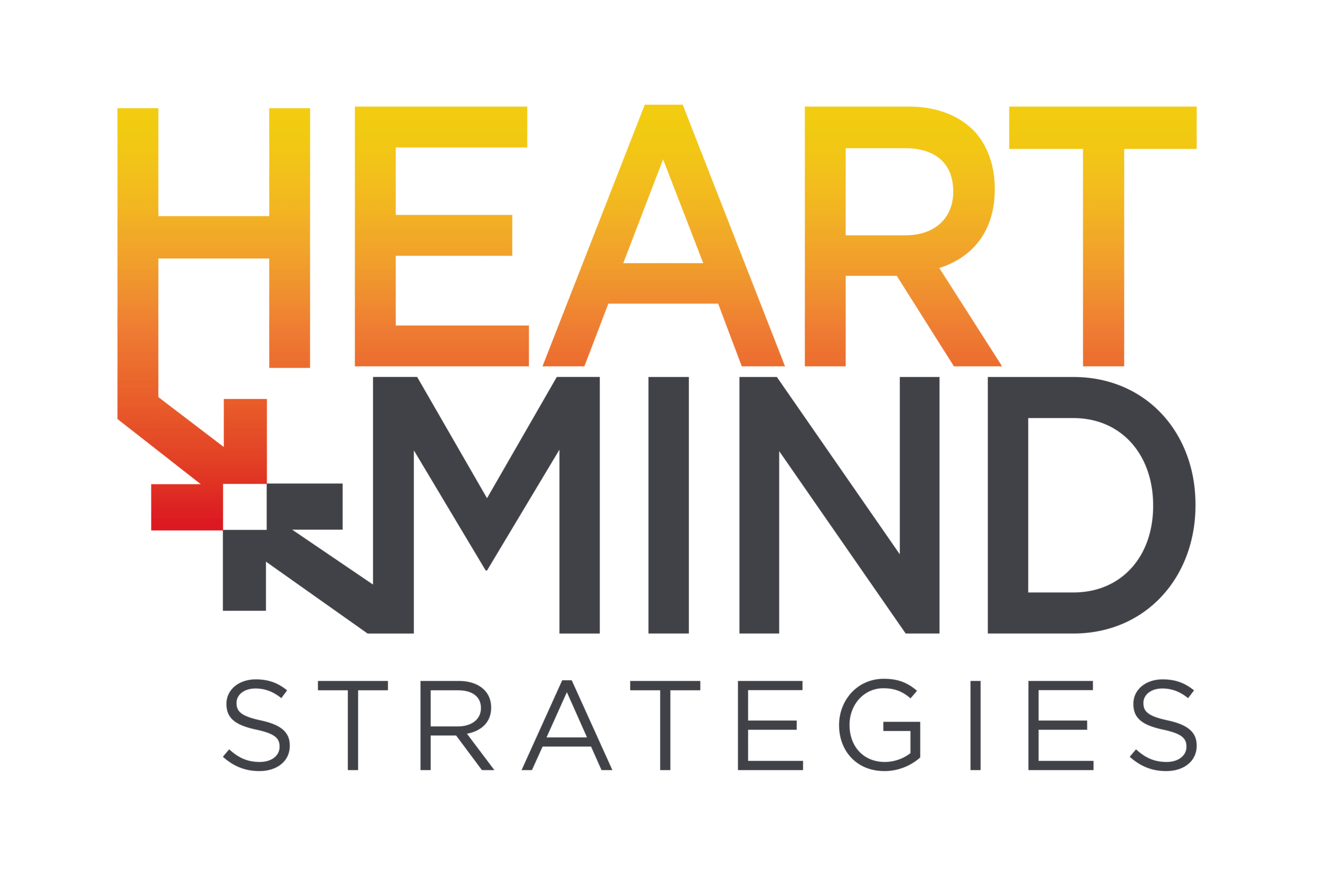By Darren Bishop (SVP, Travel + Tourism)
Key Takeaways:
- Human values are universal—but expressed differently across cultures, as seen through Darren’s immersive experience in Lebanon.
- Shared values are often realized in unique ways across different cultures. For example, safety is a shared value, but in Lebanon is achieved through community trust and relationships, rather than systems and institutions.
- Cultural immersion reveals how people make decisions emotionally and rationally, aligning with Heart+Mind Strategies’ research philosophy.
One of the greatest delights of travel is discovering how other people live and, in ways big or small, participating in that lifestyle for a time. Immersing oneself in another culture can make life feel completely new and different, and yet there’s also a prevailing sense of common ground after sharing in the life experiences of others.
It’s this duality that tickles my mind as I write from Beirut, Lebanon. I first visited the country in late 2018 to meet my girlfriend’s (now wife’s) family.
Common Human Values Across Cultures
For the average American, Lebanon is probably associated with what is shown on TV: conflict, instability, corruption. And yet, I shared so many values with my now wife, and she spoke with such glowing terms about Lebanon, that I knew there must be more to this country. With an open mind, I set off for Beirut for the first time.
The initial arrival wasn’t great – it’s an old city that looks, and sometimes smells, as such. The drive from the airport was occasionally white-knuckled on account of Lebanon’s chaotic driving, where lanes are improvised and every inch of roadway is a negotiation.
However, once we arrived at her family’s home, I felt my anxiety fade away, replaced by a sense of warmth and connection. An abundant number of dishes and extended family were there to meet me, and her family made me feel so welcomed that Beirut eventually came to be like a second home.

The more I observed and interacted with my wife’s family, the more I saw why we held our common values. The difference, however, was how those values come to life in one culture versus another.
For example, consider one of the most common needs we as humans have: safety. In the United States, personal safety tends to come from systems: laws/regulations, law enforcement, security systems/technology.
In Lebanon, systems like these are less common, less enforced, and that’s not even mentioning the tense geopolitics in the region. Safety in Lebanon instead is more community-driven. Why have a security system for your apartment when you know everyone in the building? Why have a program like AAA when there are dozens of family and friends within a short drive – and you personally know one or two mechanics? With historically corrupt institutions, why place trust in systems created by others when you and your village can figure things out for yourselves?
RELATED: The Power of Human Choice: Reimagining Decision Making for People and Organizations
So, while you have two nations that value safety, the culture of each country leads to dramatically different attitudes and behaviors regarding how to achieve it. And this idea of doing things for yourself and your community partly explains why there’s such a strong entrepreneurial culture in Lebanon.
A more personal example is how my wife and I differ in handling challenges or stress. When things are tough, I tend to hunker down and rely on my knowledge and tools at my disposal to come up with a solution, not wanting to bother anyone else. Self-reliant? Sure. Healthy? Debatable.
Meanwhile, my wife typically activates her village, asking friends and family for help. That’s right – once Lebanese, always Lebanese!
(I’d like to think that, between these two approaches, we’ve got all our bases covered.)
Human Values as a Driver of Choice
As a researcher, I’m innately curious about human choice and relationships, and cultural immersion is a great way to explore that on a personal level by experiencing others’ circumstances. Decoding how people pursue their values through decisions, both rationally and emotionally, produces a map to the heart and mind which unlocks common ground and a way to connect with one another.
My time in Lebanon reflects this and reinforces our work at Heart+Mind Strategies. Our research frameworks map the heart and the mind to help brands connect with their audiences, their needs, and form strong relationships.
With all this said, you might be wondering – why Lebanon for the whole summer? Well, I’ve come to appreciate that the village mentality has its advantages: it gives my family a sense of belonging, and it means my kids will have no shortage of visitors and things to do during their break from preschool.
I may have also buried the lede… my brother-in-law had his wedding here, and a Lebanese wedding is NOT to be missed. Fans of pyrotechnics and dancing – this is your place!

Connect with Darren to learn more about our work with individual and society values, and how we map the human choice journey to architect actionable strategies for brands and organizations.
